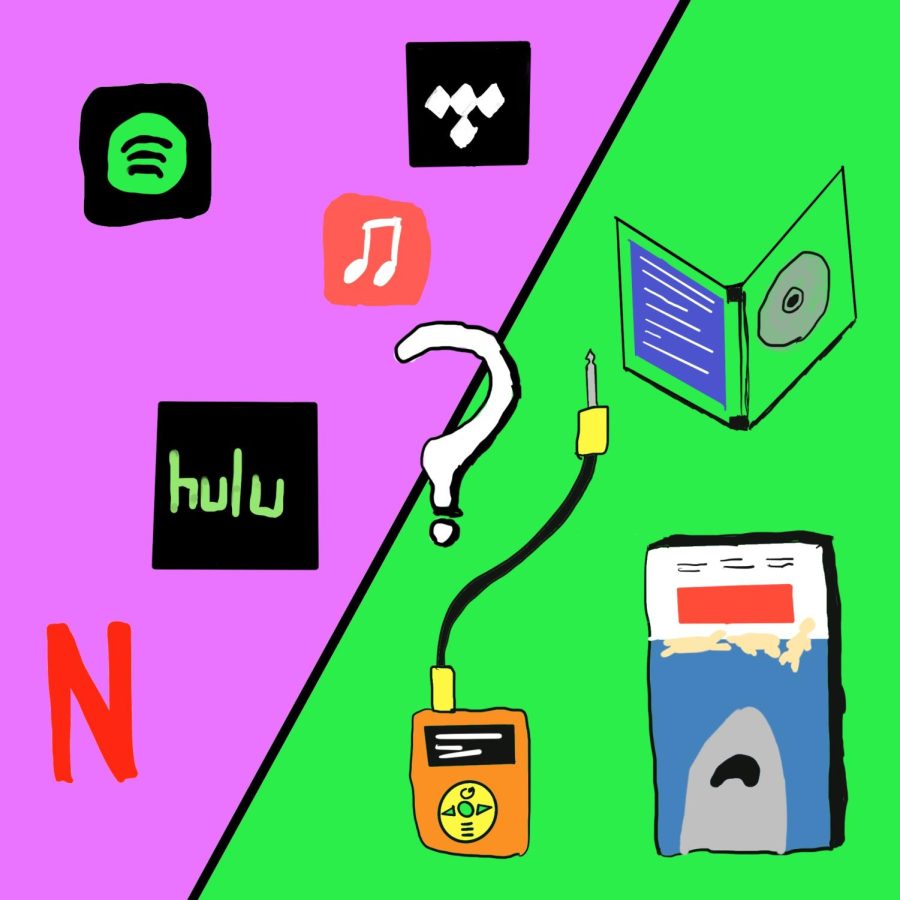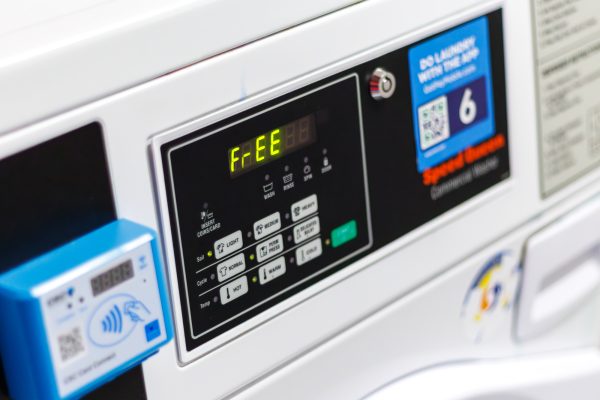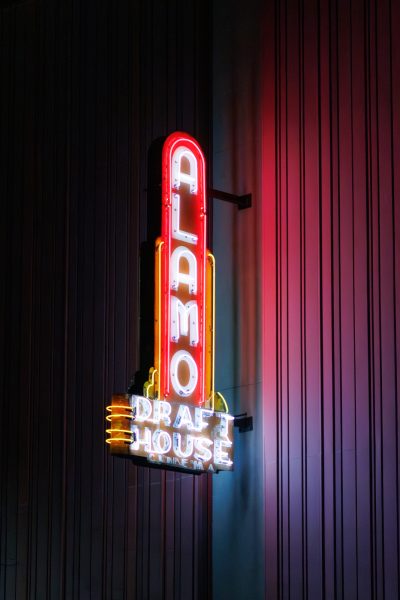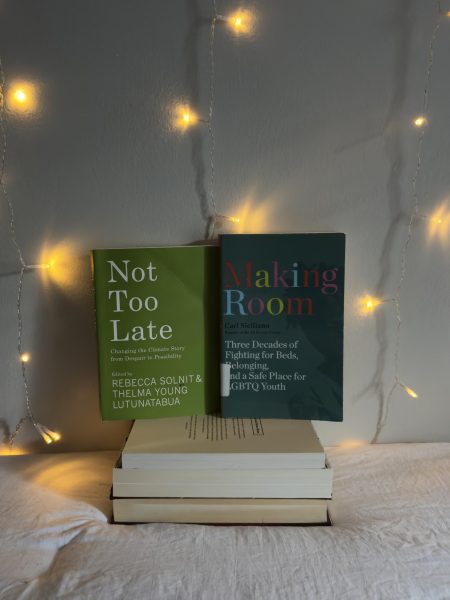To stream or not to stream: why you should own your favorite art in spite of digital mediums
Digital mediums of art may be convenient but comes at a cost. Owning art is more valuable to both the artist and the consumer.
I grew up in a house full of my favorite movies, shows and songs. They were stacked on top of the dining room table, next to the TV or on the attic steps. What about you?
Movies and shows were on DVDs (my dad would record every episode of “Saturday Night Live” and a lot of “30 Rock” episodes), and my dad ripped almost every CD album he ever owned onto an MP3 player. Now, my favorite movies and shows are on Netflix, and my favorite music is on Spotify – most of it, at least.
I’ve been keeping a growing collection of my favorite CD albums. I started doing this with the thought that it’d be nice to have something take up space in my dorm room far from home. CDs that I could touch, with posters of my favorite artists inside that I could hang up on my wall.
But in the past few weeks, the CD’s haven’t just felt like something familiar. They’ve felt like something permanent.
If you haven’t heard, Neil Young removed his music from Spotify and, in support, Joni Mitchell followed suit, because of COVID-19 misinformation on the platform.
Why worry, though… it’s just Neil Young and Joni Mitchell? And it’s just Spotify.
They were listened to over a combined 7 million times during the last month, according to the latest Spotify stats. Your favorite artist’s catalog could be gone one day, too. Maybe even all of your “Liked Songs.” How would you get them back?
If you were quick, you could pirate your favorite music before the prices went up with demand. If you were old school, you could drum it out with a pencil on a desk and ask a friend to sing in the meantime. If you were me, though?
I have Joni Mitchell’s album “Blue” (which isn’t on Spotify) laying on the desk in my dorm room right now. It was gifted to me, and it’s not just for show. I can pop it in my CD player today and if the streaming apocalypse ever happens.
I own a piece of art.
When it comes to arts and culture (for the most part) though, we’re all renters. The internet and its streaming services are the landlords. When was the last time you were sad that a movie or show you liked got dropped by the streaming service you’re subscribed to and you couldn’t do anything about it? That wouldn’t happen if you owned it.
As the world digitizes, we’re increasingly owners of nothing. Not our own knowledge, not even our own interests: Why should you spend a dollar and a minute on a map and asking for directions at a gas station when you have Google Maps downloaded? Why buy a music blog magazine about an upcoming album that you’re excited for when a server in Denmark sends you a notification about what you’ll be excited for first?
We’re obsessed with spending less on subscriptions yet think we have more than ever before because the internet — unlike a library, Blockbuster or record shop — never closes. We’re headed towards life where the days won’t end if a server decides it won’t end. That is, unless we unsubscribe from the algorithm and buy into ownership.
Where is your favorite art going to be when you want to show it to your kids?






